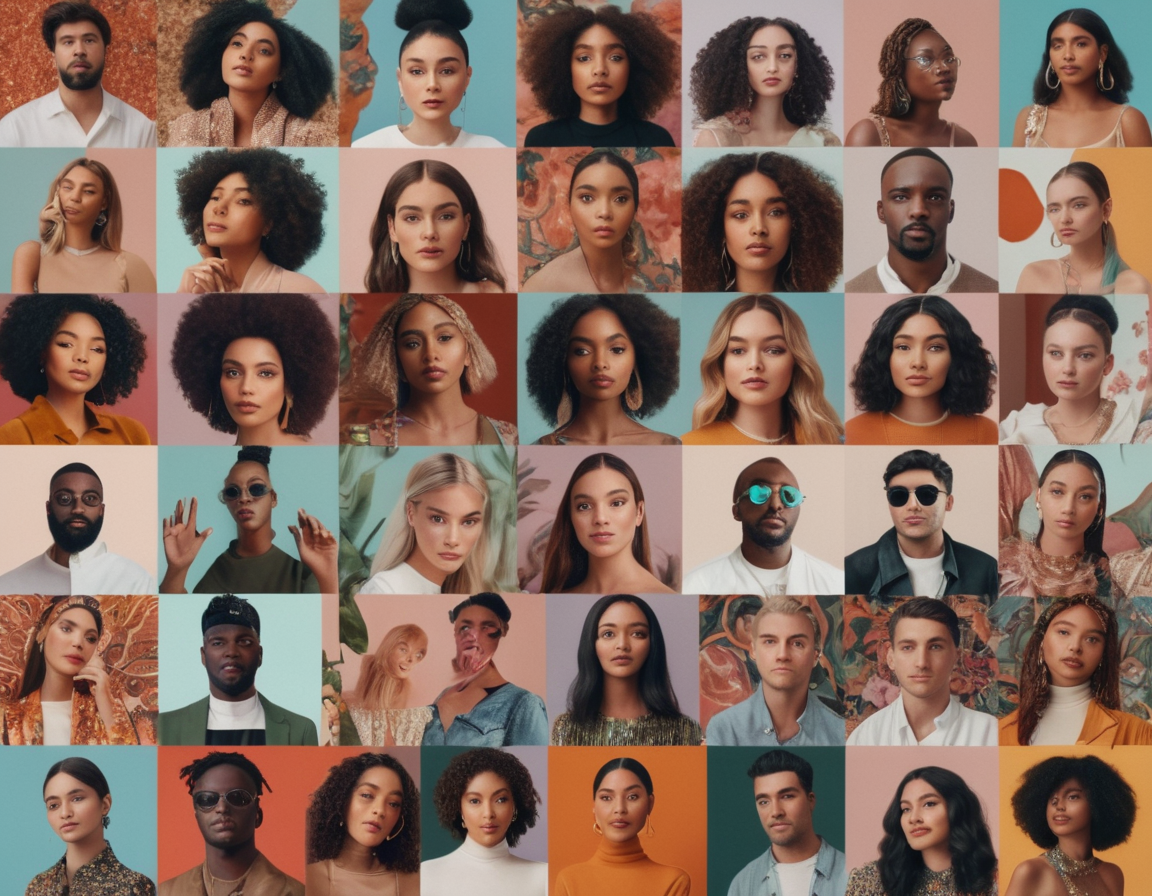Embracing the Digital Age: The Rise of Virtual Influencers
Meet Your New Virtual Companions: The Rise of Digital Influencers
In an era dominated by social media and digital personas, virtual influencers are the newest trend redefining the marketing landscape. But what exactly are virtual influencers, and how are they impacting our culture and economy? Let’s delve into the fascinating world of these digital celebrities.

What are Virtual Influencers?
Virtual influencers are computer-generated characters that have realistic human features but are entirely fictional. They interact with real people on various social media platforms, leading trends and promoting brands much like their human counterparts. Their ability to engage with audiences 24/7 makes them an attractive option for businesses seeking to amplify their online presence.

The Leading Faces in the Virtual World
Among the many virtual influencers, a few stand out for their popularity and influence. Lil Miquela, a CGI character created by Brud, a tech startup, has amassed millions of followers. She’s been featured in brand campaigns, music videos, and even interviews. Then there’s Shudu, the world’s first digital supermodel, who caught the public’s attention after appearing on a Rihanna-owned makeup brand’s Instagram.

Pros and Cons of Virtual Influencers
- Pros:
- They provide a controlled brand image, free from scandal and unpredictability.
- Their international appeal and lack of real-world limits allow for creative marketing strategies.
- They cater to a tech-savvy, younger demographic that values innovation.
- Cons:
- They could potentially disconnect consumers from authentic human experiences.
- The power of such influencers could raise ethical questions about manipulation and reality.
- How they shape societal ideals of beauty and interaction is a cause for concern.

Virtual Influencers and the Future of Marketing
As technology continues to evolve, virtual influencers could become more interactive, possibly using AI to hold conversations and form relationships with followers. Companies may rely even more on these digital personas for their marketing needs.
The rise of virtual influencers reflects our complex relationship with technology and its impact on our social structures. As we watch this space grow, it will be fascinating to see how it challenges our perceptions of reality, community, and influence.

Join the Conversation
Do you think virtual influencers are here to stay, or is this just a fleeting trend? Share your thoughts and join the international conversation on the implications of digital personas in our everyday lives!
Will virtual companions be your next influencers?






